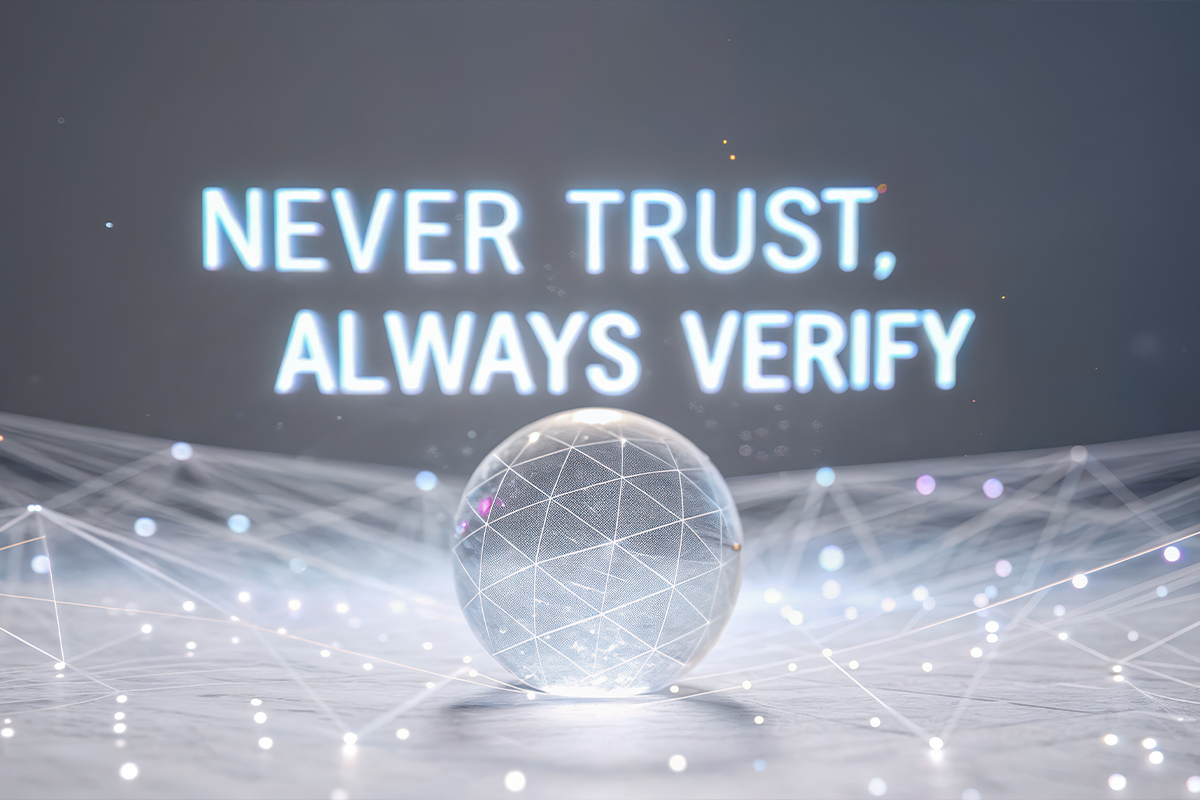President Trump’s decision to blacklist Huawei has thrust next-generation 5G data communications suddenly into the media spotlight.
The Chinese telecommunications giant currently leads the world in 5G equipment manufacturing. By the mid-2020s, this nascent technology is expected to be the driving force behind the next wave in machine-to-machine (M2M) communications. Yet, there are still one or two important data privacy questions to address.
First, China’s reputation as a surveillance state is causing Western leaders to have serious misgivings about Huawei’s devices. Second, 5G will make it possible for intelligent M2M communications devices to make everyday decisions for people.
For business, this means exciting new revenue opportunities. Human lives will become ever more dependent on machines. Equally, there will be many more ways for personal privacy to be breached.
To avoid this, the IT industry has to ensure security is built into 5G devices by design, with the privacy element provided by encryption. Virtual Private Network (VPN) software will undoubtedly form a core element of any robust and secure 5G communications infrastructure.
Machines in Control
One of the big advances industry observers expect 5G networks to facilitate is always-on, live stream video. Also, 5G is extremely energy-efficient.
The next wave of Internet of Things (IoT) devices will have the intelligence to interpret audio/video data. This means machines will soon be able to make hundreds of everyday decisions on behalf of their owners.
Remote controlled vehicles, surgical robots and augmented reality training tools are just some of the innovations envisaged. Network operators are also expected to start tailoring their 5G contracts to suit the needs of individual customers or organizations. The practice, known as network slicing, involves isolating network segments and fine tuning available download speeds, latencies and bandwidth to meet the exact specifications of clients.
Opportunity Knocks
Next-generation 5G will, in time, give customers connectivity speeds of up to 20 Gbps and more energy-efficient mobile handsets. 5G will also give rise to a surge in new M2M applications. From smart meters to video and from healthcare monitors to connected cars, there are boundless opportunities for industry to open up new revenue streams.
According to Cisco, IP traffic from M2M systems will comprise more than half (51%) of the total from all devices and Internet connections by 2022. By this time, annual mobile data traffic is expected to reach 930 exabytes, a seven-fold growth from levels recorded in 2017.
In order to compete, mobile operators urgently need to upgrade their networks to handle the connectivity demands of billions more devices.
Data Privacy in Peril
When 5G goes mainstream, its low-energy characteristics will encourage people to leave devices on permanently.
Present concerns about possible effects on the planet or exceeding data limits will be forgotten.
Extended battery-life means audio/video-equipped IoT devices can be sited anywhere and everywhere. The applications where this might be helpful or convenient are almost limitless. In fact, 5G could very easily end up live-streaming every aspect of human activity.
This helps to explain why politicians are wary of China’s notorious record in surveillance and why many industry chiefs are voicing their privacy concerns.
Western developers are being urged to make data privacy the number one priority in the design and manufacture of 5G equipment. The EU is leading the way. Member states have already mandated that 5G operators are legally obliged to ensure security in their digital communications, data privacy and critical network infrastructure.
End-to-End Encryption
5G communication networks will see the next wave of IoT devices team up with virtualization and cloud technologies to produce many more opportunities for attackers to intercept private data.
One solution is to utilize end-to-end encryption on every connection point and on every device. Professional VPN software provides robust security and end-to-end encryption to protect all data connections. VPNs effectively shield data from unauthorized parties while in transit over the Internet.
Governments have also recommended a number of additional security measures. One suggestion is that 5G has a unified framework capable of coordinating different security methods across each security layer. Cross-domain security is another, equally important, demand. Finally, 5G equipment designers and manufacturers need to build security into 5G devices by design.
In summary, the arrival of 5G communications over the next two to three years will bring exciting benefits from increased speed and performance to lower latency and greater energy efficiency. It will allow billions of smart devices to automatically monitor and control our living environments 24/7.
On the flip side, technicians will be expected to take all possible security measures to counter the threat of surveilllance and data privacy violations.
A valuable first step towards preserving data privacy would be to use VPNs to encrypt all data traffic at all endpoints everywhere before it reaches the 5G communications network.






